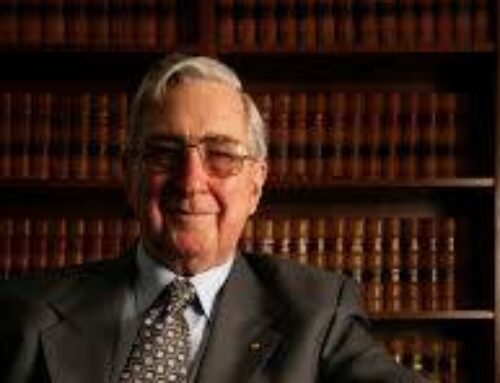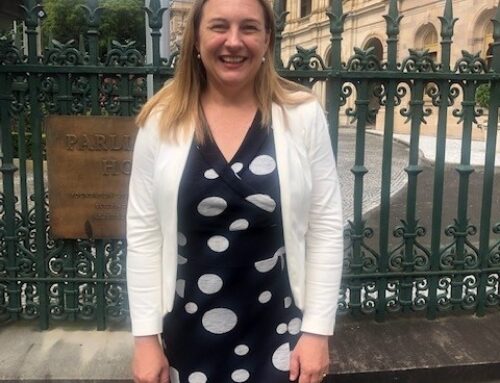Some of my best friends are medical practitioners.
No – really.
Many of my friends from Uni were studying Medicine, Nursing, Dentistry, Physio and Occupational Therapy. Apart from some gentle teasing about our lack of contact hours, there was not a lot of animosity between us back then. However, from the very beginning of my time in practice, tensions emerged socially and professionally. One of friends has even told me that her colleagues cannot believe that she associates with me.
I find this baffling. However, my friends have offered me some insights into some misconceptions about personal injuries lawyers that may cause road blocks when we are working with doctors.

- You cannot possibly understand how hard it is to know you could be sued at any time.
This could not be further from the truth. Lawyers also owe a duty of care to their clients. If we fail to discharge our duty of care and our client’s suffer loss – they have a claim against us.
What’s more, unlike medical practitioners, we almost certainly will be sued if a client suffers loss as a result of our negligence. We have an ethical duty to advise the client when they should obtain independent legal advice and the next lawyer they see will be qualified to identify when the previous lawyer has been negligent.
2. Patients sue doctors for adverse outcomes whether or not there is negligence.
The pre-court process ensures that patients cannot make a claim against a doctor for an adverse outcome. A claim can only be commenced if it is accompanied by a report from an appropriately qualified professional confirming that the care provided by the medical practitioner fell below the standard to be expected of a reasonably competent and prudent practitioner. Without that report, we cannot commence the claim.
3. Lawyers are hunting down medical negligence claims to make a “quick buck”
“Touting” for any form of personal injuries claim is banned by legislation in Queensland. While there are a small number of unscrupulous operators engaging in “claim farming” for motor vehicle accident and WorkCover claims, it is highly unlikely that any such practice will ever take place in the field of medical negligence. Medical negligence is a highly technical branch of personal injuries litigation. Many firms refuse instructions in medical negligence claims even if they have the expertise.
4. Lawyers think they know better than medical practitioners
One of the great things about the legal profession is that we are well versed in the value of expertise. The Court will only accept evidence from experts who can demonstrate a qualification to offer opinion on any particular topic.
From time to time clients will ask me whether they should follow their medical practitioner’s advice and I have often repeated the same line
Do not take medical advice from your lawyer and do not take legal advice from your doctor
5. If I receive a letter from a lawyer, my career is finished
In 2002, there were mass strikes by Queensland Doctors demanding reforms to the medical malpractice regime. The result was specific additional requirements for all medical negligence claims. One was that a lawyer must provide a preliminary notice to the doctor before obtaining a copy of the doctor’s records and the advice of an independent specialist. There are tight time frames for providing this notice.
When we provide the notice, we usually have little more than an unhappy former patient. It is entirely possible that the patient is mistaken about the treatment they even received from you. From time to time we are able to tell clients from the records alone that they should not proceed further. In most cases, we have no way of knowing only from your records if you have been negligent until your records have been reviewed by a specialist.
Even if you have made a mistake, you are only human. We have seen mistakes made by outstanding medical practitioners whose reputations remain in tact and whom I would continue to have faith in seeing myself.
6. Why can’t lawyers accept that we are only human
The law of negligence in Queensland is a compensatory system. It is not designed to be vindictive or punitive. It is only designed to determine where a loss should lie.
My view is that honest mistakes by anyone are almost always better handled by the civil law where competing interests are balanced rather than by the criminal justice system.
7. Litigation generally is unhealthy for patients and they should not proceed
I again pull out my previous quote. I urge medical practitioners not to provide legal advice. It is true that litigation can be stressful. We do explain the process in detail to our clients and suggest they consider whether they can tolerate it before committing to the process.
However, the potential threat to the mental health of the patient from litigation needs to be considered in the context of the alternative. If your patient is unable to fund the treatment they need or they are forced to work against medical advice, that may also be detrimental to their mental and/or physical health. The role of a lawyer is to explain the risks and prospects of litigation as well as the potential stressors.
Like medical practitioners, ethical standards apply to lawyers. You have the right to expect courtesy and respect from the lawyers with whom you work.


![Medical Records and Claims for Personal Injuries – Maher v Russell [2022] ACTSC 297](https://karelawyers.com.au/wp-content/uploads/2023/02/files.jpg)



